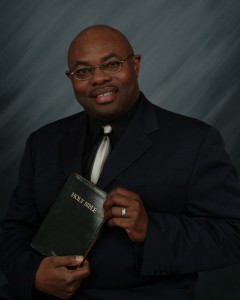
It is notably common in western culture to observe people of diverse religious, social, and ethnic backgrounds, engaged in what they believe to be prayer. Individuals of faith, regardless of their core belief, all have some system of prayer, which allows them a spiritual connection with the Creator and Sustainer of the universe. Whether our prayer is to awaken inherent inner capacities of strength, or to petition for external favor, it ultimately puts us in contact with Someone “bigger than” and also “other than”.
Aside from those of faith, some non-believers confess to a system of prayer. According to a religious survey done in 2008, about seven-tenths of one percent in the USA consider themselves atheists. Of this number, five percent claim to engage in some sort of routine prayer. It seems as though everywhere we look, someone is praying. Athletes are praying for victory in their various sporting events, rock stars are praying for achievement awards, gamblers are praying for the right numbers to hit, single people are praying for the right spouse. Along with these things, we pray for health, wealth and peace, hoping that God responds favorably to our request. In this, however, we question ourselves as to the validity of an answered prayer. Prayer is not rubbing a magic lamp so the genie pops out to fulfill our request. In spite of how we view it, prayer is not us as humans giving a supernatural being orders on how to arrange our daily and life affairs. We sometimes stumble into the arena of supremacy, thinking that we have the authority to excite God into constructing life per the design which we have imagined. We also tend to approach prayer from a henotheistic platform. We attempt to pray to the god of whatever we need, while climbing the ladder to the God of all gods. God, in contrast, has a plan, and our prayers must align with His purpose and will for our lives.
From the original Greek text of the New Testament, the word “will” is translated from the Greek word, “thelema”. This word “thelema” in Greek means “choice”. In prayer, we must first understand our purpose is in the choice of God (I know with God – who sometimes seems to be so complicated, this is easier said than done). An understanding of the Almighty with an emphasis on what He has chosen for us individually brings into perspective our approach in prayer. Even as Jesus faced the inevitable death by crucifixion, He prayed to the Father to remove the cup of execution. Jesus, however, resolved His prayer in the ultimate will or choice of the Father.
Prayer is communicating with God. Thus, in our communication, we must acknowledge His sovereignty, while embracing His love and compassion for creation.
Pastor Williams welcomes comments and feedback @[email protected].









